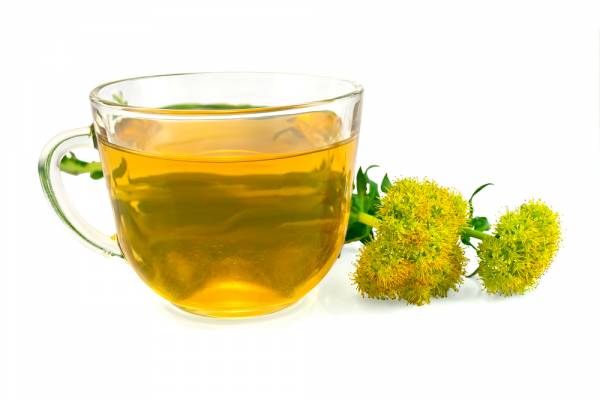Rhodolia rosea (also known as Aaron’s Rod, Golden Root, and Roseroot) has been used by many to treat depression symptoms, or as a mood enhancer. Recent pilot studies have shown Rhodolia rosea may reduce fatigue, and may even improve physical and mental performance. Rhodolia is among a class of plant derivatives known as adaptogens. Adaptogens are different than stimulants since they do not induce the same physiological effects.1 Although Rhodolia rosea has recently been shown to combat fatigue, its effects on exercise performance are not known. A new study was done to determine the effects of Rhodolia rosea on endurance exercise performance, perceived exertion, mood, and cognitive function.2
The subjects of this study consisted of 18 active college women who were recruited from cycling classes on a college campus. The subjects were informed to stay away from all alcohol and caffeine 24 hours prior to testing. Subjects were given either a carbohydrate placebo or a powdered form of Rhodolia rosea one hour prior to beginning the test (a dosage of 3mg per kilogram of bodyweight).
The testing that was performed consisted of a ten minute warm up and a six mile time trial on a bicycle ergometer. A BORG 10 point scale was used to determine perceived exertion at five minute intervals. The BORG scale is a simple method of rating perceived exertion.3 Blood lactate concentration, salivary cortisol, and salivary amylase were measured prior to the warm-up, during the warm up, and 2 minutes after the time trial. A Profile of Mood States questionnaire and a Stroop’s color  test were completed before the warm up and post time trial. A Profile of Mood States (POMS) is a psychological rating scale used to assess distinct mood states.4 Stroop’s color test assesses cognitive processing and provides valuable diagnostic information on brain dysfunction, cognition, and psychopathology.5
test were completed before the warm up and post time trial. A Profile of Mood States (POMS) is a psychological rating scale used to assess distinct mood states.4 Stroop’s color test assesses cognitive processing and provides valuable diagnostic information on brain dysfunction, cognition, and psychopathology.5
Upon completion of the study, data showed Rhodolia rosea significantly decreased heart rate during the warm up, and those who ingested Rhodolia rosea also completed the time trials at a significantly faster time than thoes who ingested a carbohydrate. It is also worth noting the average rating of perceived exertion was lower when ingesting Rhodolia rosea as well.6
The results of this study suggest Rhodolia rosea may be a beneficial supplement for athletes to include in their regimen. The decreased heart rate shows a sense of calm in the subjects, and the fact that those who ingested Rhodolia rosea outperformed the other group in the time trials is quite promising. Acute ingestion lowered the perceived rate of exertion in active women as well. This indicates Rhodolia rosea may be more beneficial to those athletes who participate in endurance or distance events. While Rhodolia rosea exhibits major potential, more research and larger studies are needed to determine direct correlations and effects of this promising supplement before any major conclusions can be made.






